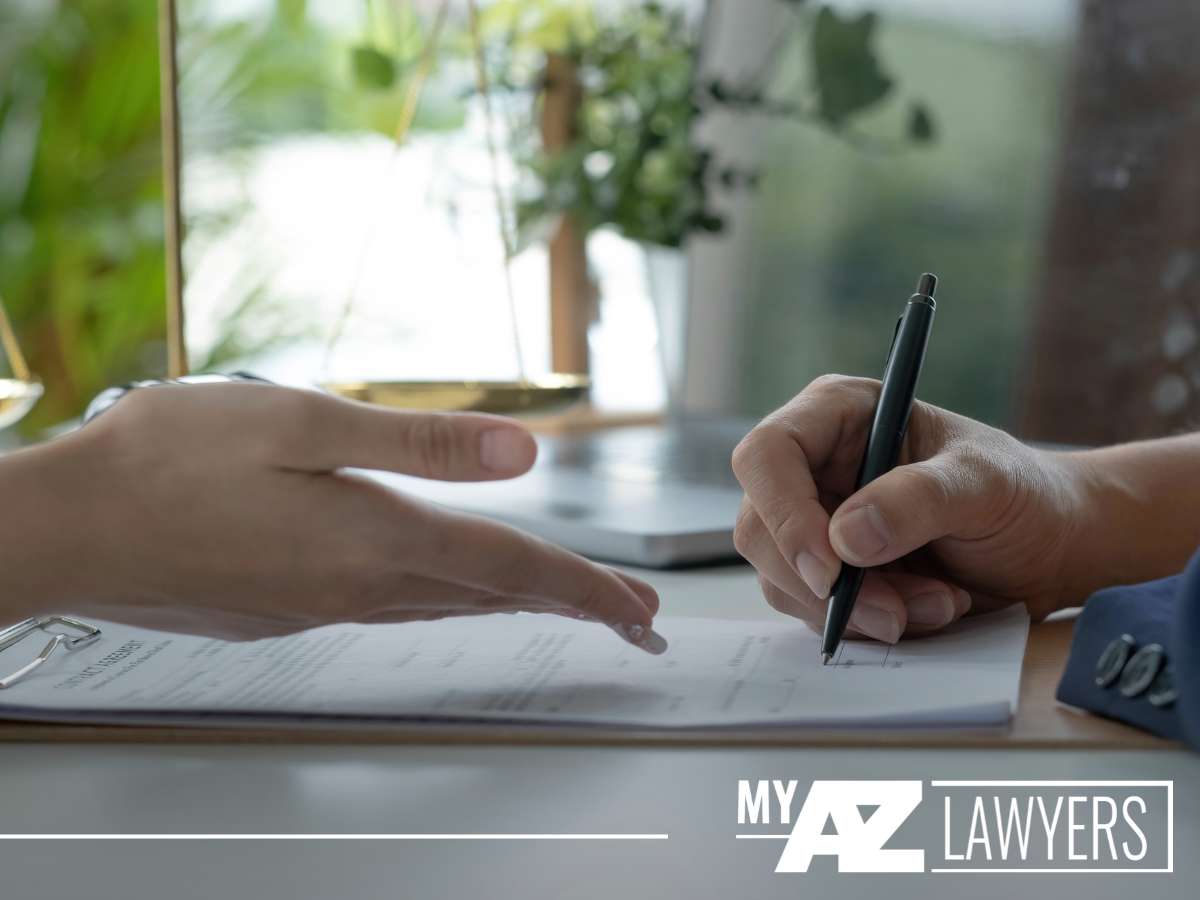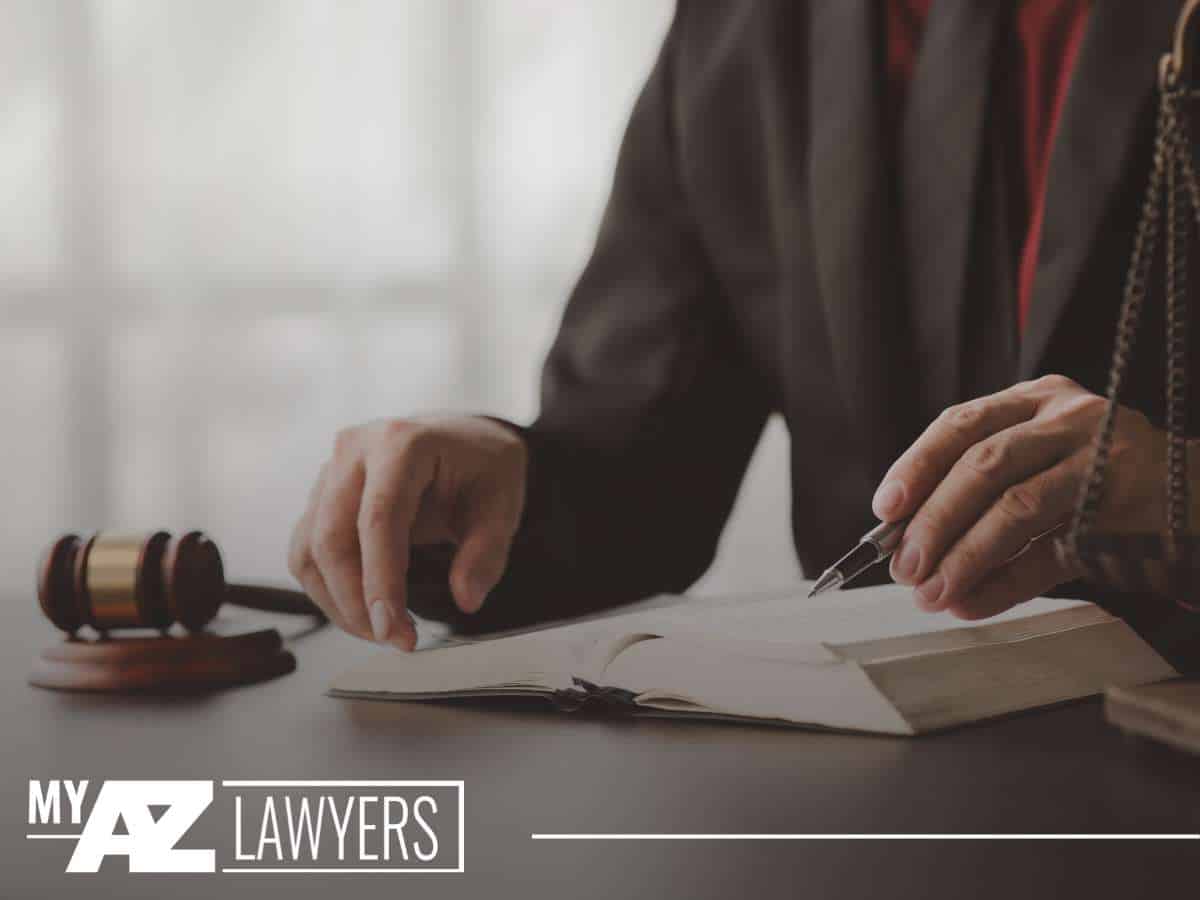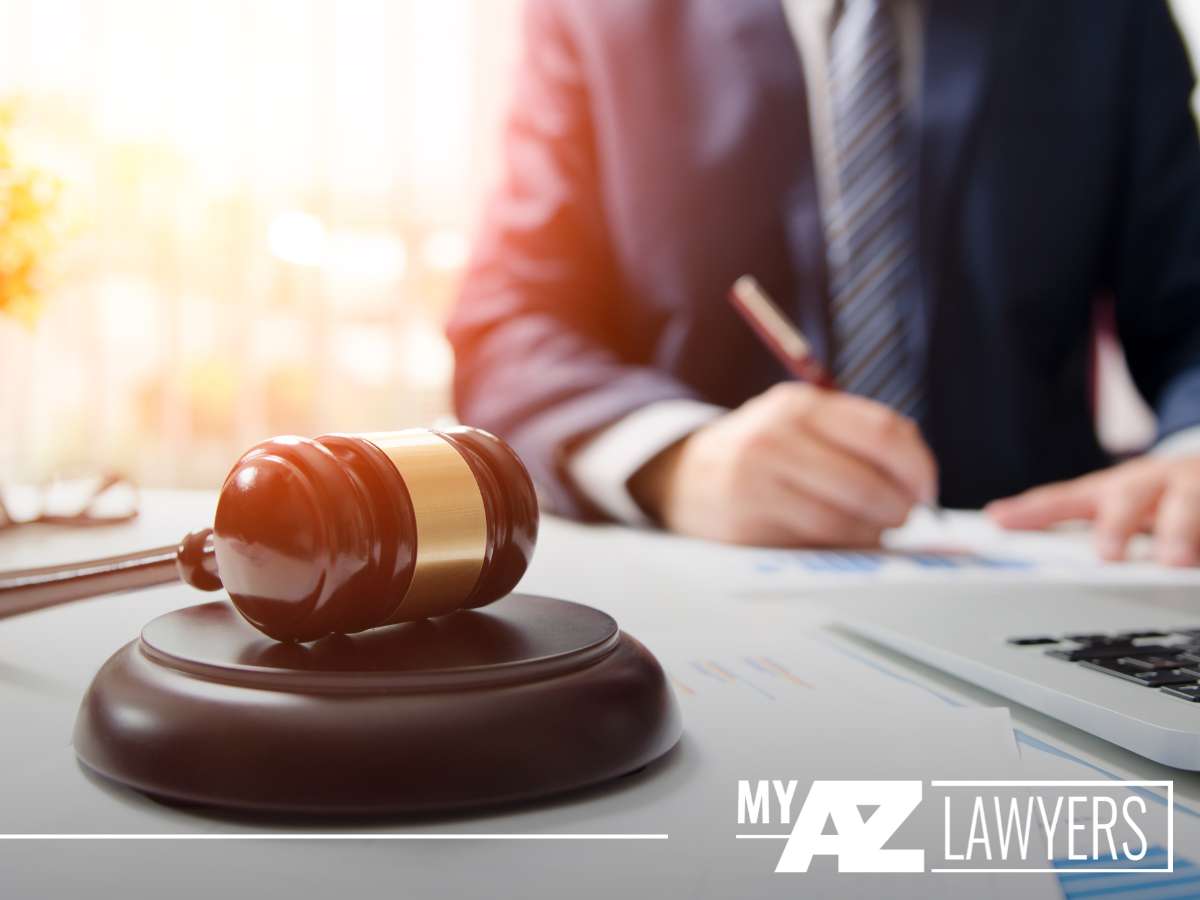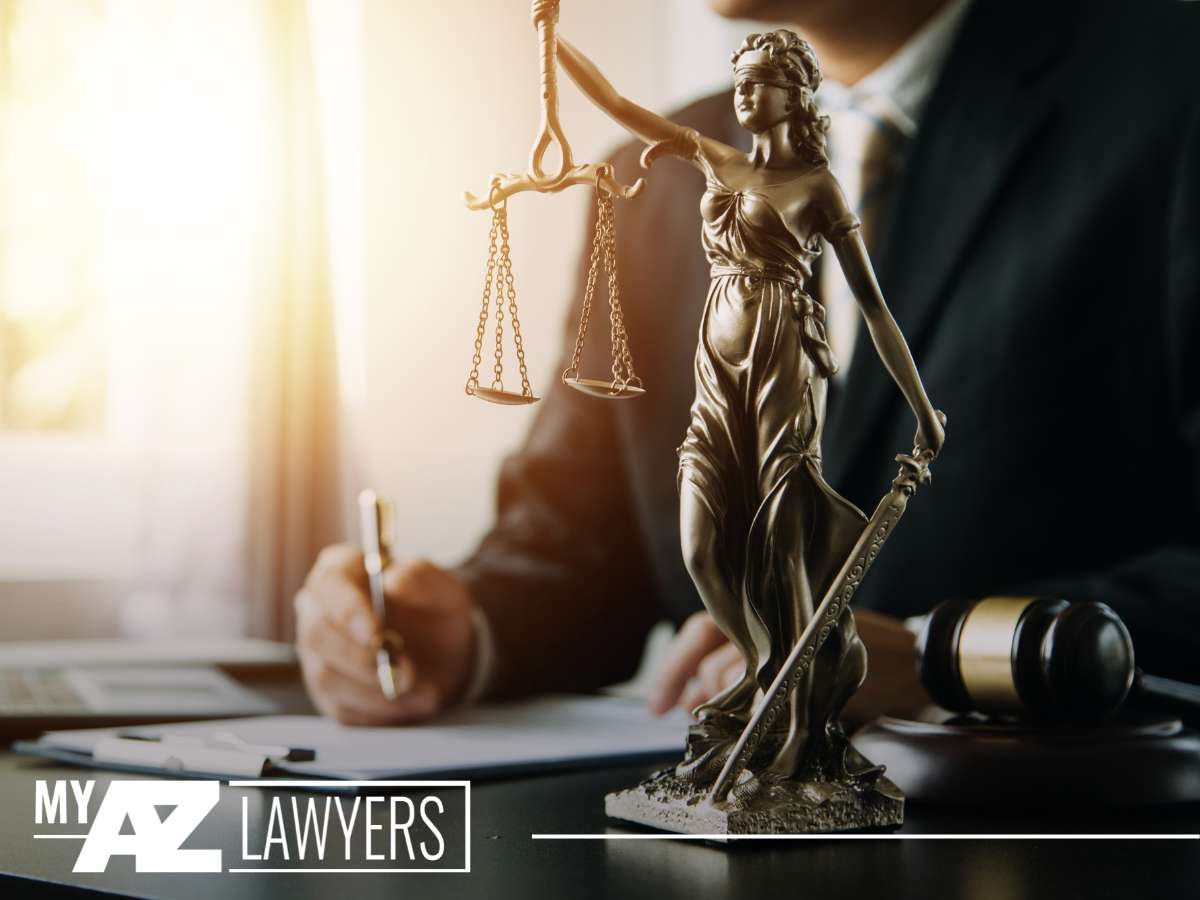How Do You Handle Student Loans When Filing For Chapter 13? Student Loan Debt & Bankruptcy: Strategies for Managing Financial Obligations It’s no secret that student loan debt is overwhelming for many of today’s adults. A common reason why...
How Do You Handle Student Loans When Filing For Chapter 13?
Student Loan Debt & Bankruptcy: Strategies for Managing Financial Obligations
It’s no secret that student loan debt is overwhelming for many of today’s adults. A common reason why individuals reach out to a Chapter 13 bankruptcy attorney is because they are wondering what options they might have to reduce, discharge, or otherwise eliminate their student loan debt.
Unfortunately, getting your student loan debt discharged in bankruptcy is extremely difficult and rare, although it can be successful in some circumstances. However, filing for bankruptcy can still be an option that may help you better manage your student loan debt. Once credit card debt, medical debts, and other financial obligations are discharged into bankruptcy, individuals often have more flexibility to make payments on their student loans.
Another approach is to file a Chapter 13 bankruptcy, which can give you some flexibility on the interest rates on your student loan debt. Once your other debts have been discharged, you may be able to make the remaining payments on your student loans without financial hardship. Consult with your bankruptcy attorney to discuss your options for using bankruptcy to manage student loan debt.

Why are Student Loans Difficult to Wipe Out in Bankruptcy?
Typically, debtors can have unsecured debts discharged through the bankruptcy process. This generally includes credit card debt, medical bills, and personal loans. Student loans are treated differently because they are an investment in your knowledge and skills with no tangible asset to reclaim. This means they cannot be automatically discharged in a Chapter 7 or Chapter 13 bankruptcy proceeding.
In order to discharge your student loans, you’ll need to work with a zero-down bankruptcy attorney to file a separate lawsuit which is called an adversary proceeding. You and your bankruptcy attorney will need to prove to the court that paying your student loans will cause an “undue hardship” and that your circumstances are unlikely to change. Exactly how you can demonstrate that hardship will differ between states, but it is always a challenging obstacle, and not many individuals are able to meet the necessary criteria.
How Can I Use Chapter 13 Bankruptcy to Manage Student Loan Payments?
Even if you, like most people, cannot have your student loans discharged through bankruptcy, filing a Chapter 13 bankruptcy can still be a useful way to manage your payments. With this type of bankruptcy, your debts are essentially restructured and you’ll be able to keep all of your property and assets. You’ll make monthly payments that are based on your income to your bankruptcy trustee for 3-5 years. With this plan, car payments, student loans, and other debts will be included in your payment plan, even if they are not ultimately dischargeable. At the end of the payment period, your remaining debts that are eligible for discharge will be eliminated.
How are Student Loans Handled in a Chapter 13 Bankruptcy?
During your Chapter 13 bankruptcy pay period, you will make payments to your bankruptcy trustee, who will send a portion of your payments to your student loan lender(s). This money may reduce the principal or only cover interest, depending on the terms of your loan. Interest will continue to accrue on the balance of your student loan debt while you are in the Chapter 13 bankruptcy repayment period.
Once you’ve finished making your monthly payments over your determined 3-5-year period, your bankruptcy trustee will discharge the remaining eligible debts, even if you have not paid them in full through your repayment plan. Although your student loan debt will not be discharged, your lender will recalculate your payments based on the new loan balance and help you set up a new payment schedule. Without the weight of your other debts, it’s likely that you’ll be in a better situation to afford your student loan payments.
What Other Options Do I Have for Managing Student Loan Debt While in Bankruptcy?
Just because you are going through a Chapter 13 bankruptcy doesn’t mean that other options become unavailable.
Assistance: You can apply for student loan assistance programs even while you are in a Chapter 13 bankruptcy. Reconsolidation: You may be able to seek a debt consolidation program that can lower your overall interest rate. Modify Chapter 13 plan: Consult with your Chapter 13 bankruptcy attorney to determine whether it may be a good idea to modify your Chapter 13 payment structure. Once you’ve reconsolidated your student loans, it may be better to remove them from your bankruptcy plan. Dismiss your Chapter 13 case: A new student loan payment plan may mean that you don’t need a Chapter 13 bankruptcy at all, which can be beneficial to you in the long run. Your bankruptcy attorney can review the implications of dismissing your Chapter 13 case. Transfer to a Chapter 7 bankruptcy: If a student loan debt reconsolidation program means you can afford your student loan payments, transferring to a Chapter 7 bankruptcy might be a better option in some cases.Although filing for bankruptcy isn’t the right choice for everyone and it’s extremely rare for student loan debt to be discharged, it can be an effective way to make your student loan payments more manageable. Consult with My AZ Lawyers to discuss your financial options and whether filing for a Chapter 13 bankruptcy might be right for you, contact us today.
This article is provided courtesy of Blake Goodman, P.C., an experienced bankruptcy attorney who has been providing financial solutions to clients in Hawaii and other U.S. states for three decades.
Arizona Offices:
Mesa Location:
1731 West Baseline Rd., Suite #100
Mesa, AZ 85202
Office: (480) 448-9800
Email: info@myazlawyers.com
Website: https://myazlawyers.com/
Phoenix Location:
343 West Roosevelt, Suite #100
Phoenix, AZ 85003
Office: (602) 609-7000
Glendale Location:
20325 N 51st Avenue Suite #134, Building 5
Glendale, AZ 85308
Office: (602) 509-0955
Tucson Location:
2 East Congress St., Suite #900-6A
Tucson, AZ 85701
Office: (520) 441-1450
Avondale Location:
12725 W. Indian School Rd., Ste E, #101
Avondale, AZ 85392
Office: (623) 469-6603
The post How Do You Handle Student Loans When Filing For Chapter 13? appeared first on My AZ Lawyers.













